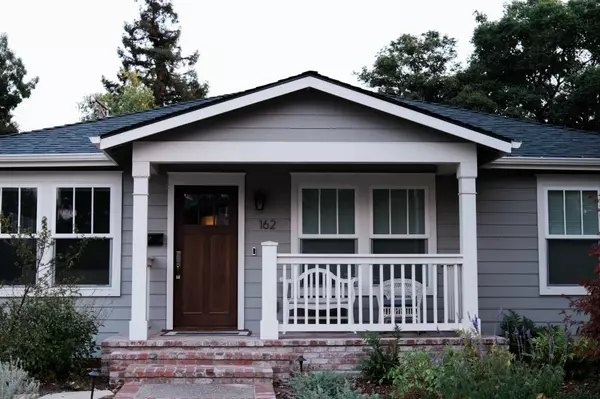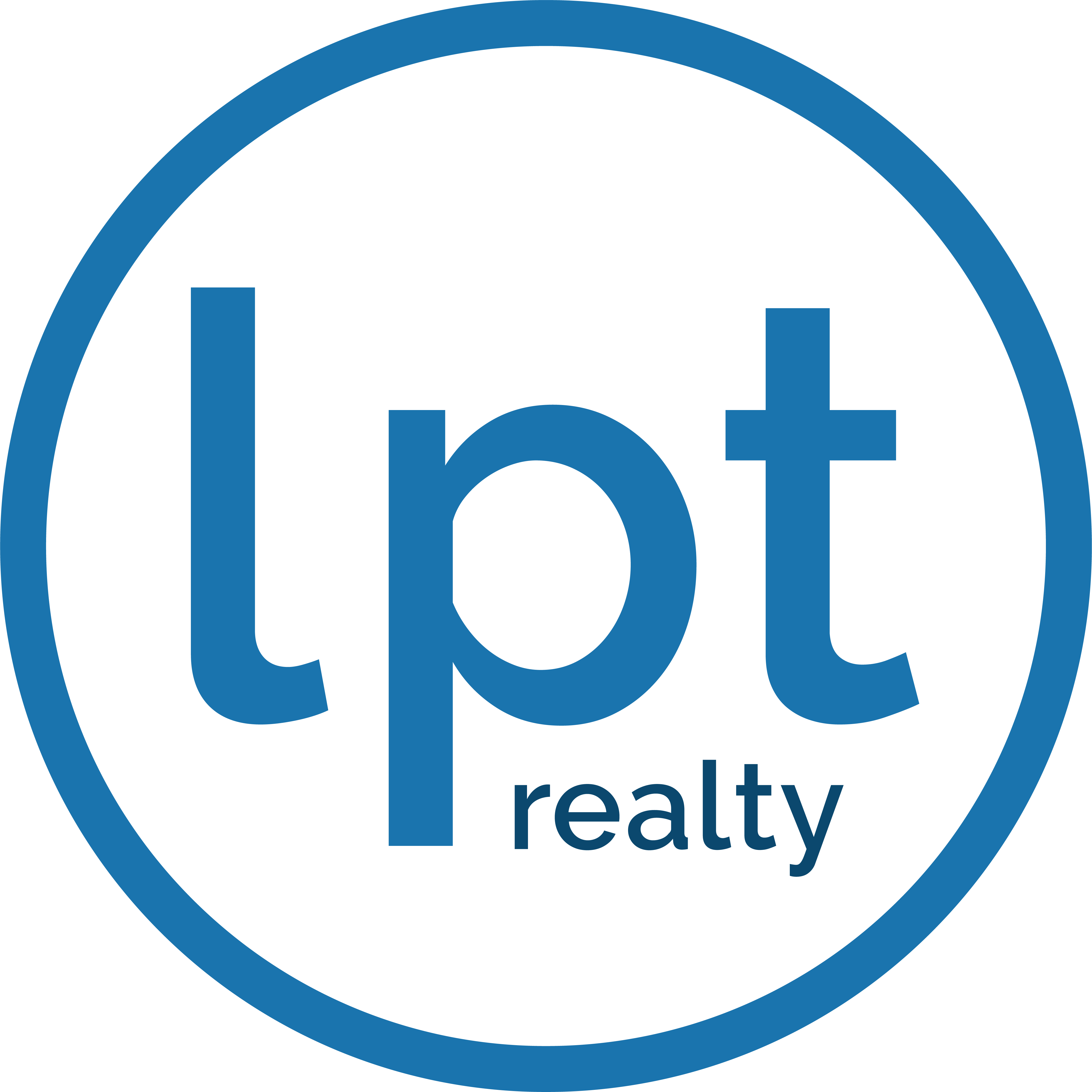Pre-Approval vs Pre-Qualification


In the world of real estate, two terms that are often used interchangeably are pre-approval and pre-qualification. While they may sound similar, they have very different meanings and significance in the homebuying process. Understanding the difference between these two terms and their importance can greatly benefit both buyers and sellers.
Let's start by clarifying the distinction between pre-approval and pre-qualification. Pre-qualification is essentially the first step in the homebuying journey. It involves providing basic financial information to a lender, such as your income, debt, and assets. Based on this information, the lender will give you a rough estimate of how much you may be eligible to borrow. Pre-qualification is usually a quick and simple process, often done online or over the phone.
On the other hand, pre-approval is a more comprehensive and thorough evaluation of your financial situation. To get pre-approved, you will need to complete an official mortgage application and provide the necessary documentation, including pay stubs, bank statements, and tax returns. The lender will then review your application, verify the information you provided, and check your credit score.
So why is pre-approval so important? The answer lies in the level of certainty it provides to both buyers and sellers. When you're pre-approved for a mortgage, it means that a lender has thoroughly assessed your financial situation and is willing to lend you a specific amount of money. This not only gives you a clear understanding of your budget but also signals to sellers that you are a serious buyer. In a competitive real estate market, this can make a significant difference when it comes to securing your dream home.
Now that we understand the importance of pre-approval, let's walk through the process. The first step is to find a reputable lender and begin the mortgage application. You will need to provide detailed information about your income, employment, assets, debts, and other financial obligations. Gathering all the necessary documentation beforehand can expedite the process and prevent any delays.
Once your application is submitted, the lender will review it and perform a credit check. They will assess your creditworthiness based on factors such as your credit score, payment history, and outstanding debts. It's important to note that obtaining pre-approval does not guarantee a mortgage loan. The lender will still need to underwrite the loan and conduct an appraisal of the property you intend to purchase.
Typically, the pre-approval process takes a bit longer than pre-qualification, ranging from a few days to a couple of weeks. However, the time invested is well worth it, as it provides you with a solid foundation for your homebuying journey.
For sellers, a pre-approved buyer is seen as more reliable and trustworthy. It shows that the buyer has taken the necessary steps to secure financing and is committed to the purchase. This can give sellers peace of mind, especially in a competitive market where multiple offers are common.
In summary, pre-approval and pre-qualification are two distinct stages in the homebuying process. While pre-qualification offers a rough estimate of your borrowing capacity, pre-approval provides a more accurate assessment based on thorough evaluation of your financial situation. The importance of pre-approval cannot be overstated, as it not only gives you confidence in your budget but also enhances your negotiating power in a competitive real estate market.
If you're considering buying a home, take the time to get pre-approved before starting your search. It will save you time, streamline the mortgage process, and increase your chances of closing the deal on your dream home. Happy house hunting!
Categories
Recent Posts











"Molly's job is to find and attract mastery-based agents to the office, protect the culture, and make sure everyone is happy! "
